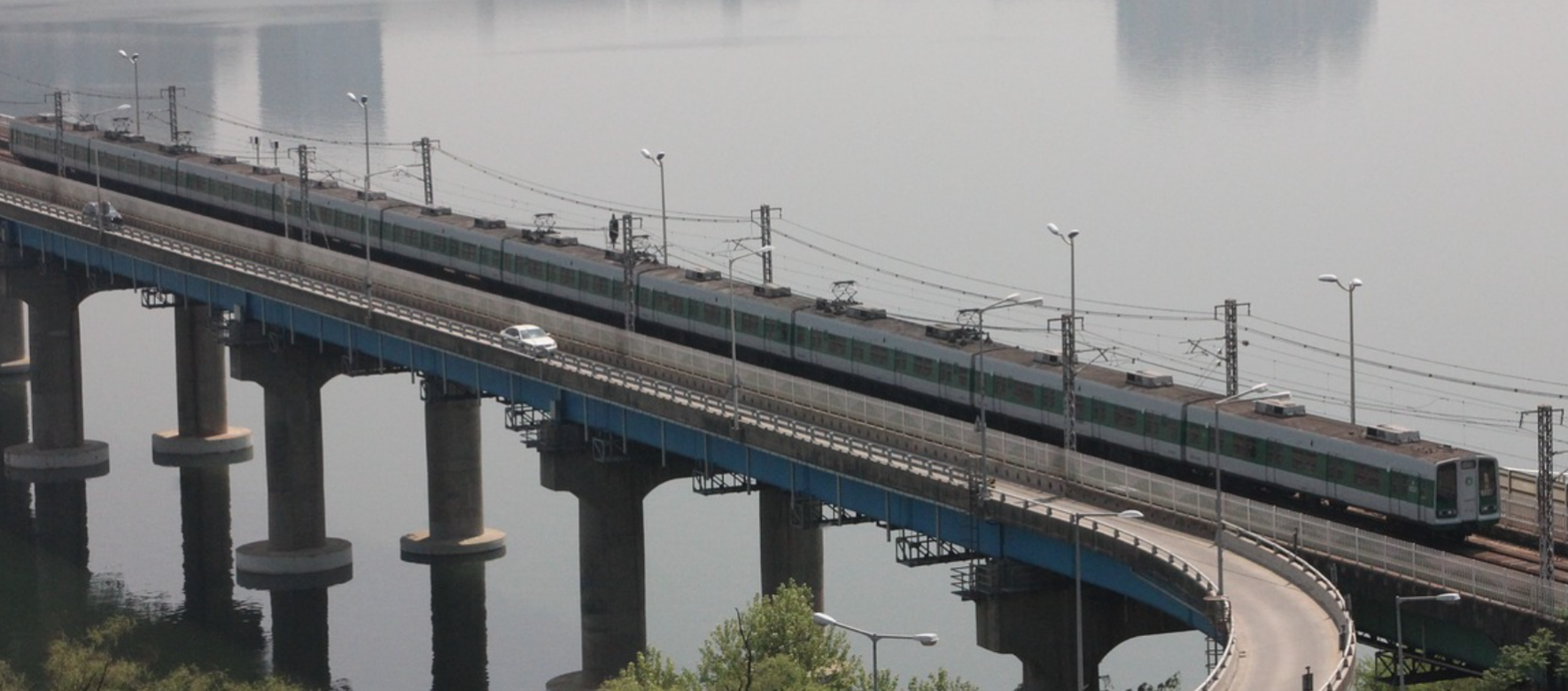The creation of these corridors is part of Egypt's perspective of taking full advantage of its geographical position and becoming an essential hub for trade via the Red Sea and the Mediterranean.
Egypt is working on the establishment of 7 integrated logistics corridors which combine a set of road and rail infrastructures to connect the ports of the Red Sea to those of the Mediterranean, revealed the Egyptian Minister of Transport, Kamel el Wazir.
The initiative is one of the structuring projects planned in the State Sustainable Development Plan for 2030, one of the objectives of which is to make the country a regional transport and logistics hub.
The corridors will link several strategic regions and will notably cover the cities of Sokhna, Alexandria, Arish, Taba, Cairo, Tanta, Mansoura, Dameitta, Gargoub, Salloum, Aswan, Abu Simbel, Safaga, Qena and Tartour. They will concretely make it possible to interconnect “production centers in the industrial, agricultural, mining and service sectors at seaports through rapid and secure transport, including dry ports and integrated logistics zones”.
Counting on its geographical position which makes its continental space a natural bridge between the countries bordering the Mediterranean and the Red Sea, Egypt is indeed seeking to capitalize on this asset. Since 2014, the country has increased investments in the development of ports, but also in supporting logistics infrastructure, notably railways, dry ports, various industrial complexes, to support the expected growth in port traffic.
The Suez Canal, which drains around 20% of global container volumes, constitutes the backbone of this vision of the State. It should nevertheless be noted that since November 2023, activities there have experienced a notable decline with the increase in terrorist attacks by the Houthis as part of the Israel-Palestine conflict. At the end of January, official figures estimated the volume of traffic lost since the attacks began at nearly 42%.








Réagissez à cet article